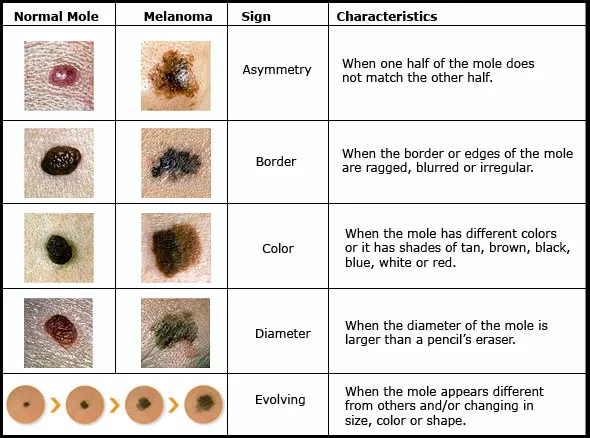It’s no secret that many cat owners love to share special treats with their feline friends. If you’ve ever wondered, “Can my cat have whipped cream?” you’re not alone. While whipped cream might seem like a harmless indulgence, it’s important to know how it could affect your cat’s health before letting them have a taste.
🩺 Vet Insight
Cats are curious creatures, often interested in the foods their humans eat. Whipped cream, however, is not an ideal snack for your feline companion. While it’s not outright toxic, it can lead to digestive upset and other health concerns.
Most cats are lactose intolerant, meaning they lack the enzyme needed to properly digest lactose, the sugar found in milk and cream. Whipped cream also contains high amounts of sugar and fat, which can contribute to weight gain and even pancreatitis over time if consumed regularly.
Even if your cat doesn’t show immediate signs of discomfort after eating whipped cream, it’s best to avoid making this a habit. Cats have very specific dietary needs, and treats like whipped cream don’t offer any nutritional benefits.
⚠️ Ingredients to Avoid
Whipped cream might seem simple, but its ingredients list can contain items that aren’t great for your cat. Here’s what to watch out for:
- Dairy: As mentioned earlier, most cats are lactose intolerant, making the dairy in whipped cream hard for them to digest.
- Sugar: Excess sugar can lead to obesity, diabetes, and dental issues in cats.
- Artificial sweeteners: Some whipped creams may contain artificial sweeteners like xylitol, which is highly toxic to pets, though more commonly dangerous for dogs.
- Preservatives and additives: These can upset your cat’s stomach or cause long-term health issues when consumed frequently.
Even homemade whipped cream, which might seem like a safer option, still contains dairy and high levels of fat that your cat doesn’t need.
✅ Safer Alternatives
If you’re looking for a way to treat your cat, there are plenty of healthier options that won’t upset their stomach or compromise their health. Consider these alternatives:
- Cat-safe treats: Look for treats specifically formulated for cats, which are designed to meet their nutritional needs.
- Plain cooked chicken or fish: These are high in protein and make an excellent occasional treat.
- Catnip or cat grass: Many cats enjoy these natural treats, which can be both fun and healthy.
- Small amounts of plain, unsweetened yogurt: If your cat isn’t severely lactose intolerant, a tiny spoonful of plain yogurt can be a better option than whipped cream.
Always introduce new treats in moderation and observe your cat for any signs of digestive upset or allergic reactions. When in doubt, consult your veterinarian before offering anything new.
💡 Final Advice
While it might be tempting to share a dollop of whipped cream with your cat, it’s best to resist. Even small amounts can lead to tummy troubles or contribute to long-term health issues like obesity. Cats thrive on a diet specifically tailored to their nutritional needs, and whipped cream simply doesn’t fit the bill.
If you’ve already given your cat a taste of whipped cream, don’t panic. Monitor them for signs of digestive upset, such as vomiting, diarrhea, or changes in appetite. If your cat shows any concerning symptoms, contact a veterinarian for advice.
Remember, your cat’s health and happiness start with a balanced diet and safe, species-appropriate treats. By choosing healthier alternatives, you can show your feline friend love without compromising their well-being.
FAQs
Q: What happens if my cat eats whipped cream?
A: In most cases, a small amount of whipped cream won’t cause serious harm, but your cat may experience digestive upset, such as diarrhea or vomiting, especially if they are lactose intolerant. Monitor them for symptoms and contact a vet if you’re concerned.
Q: Can whipped cream be a regular treat for my cat?
A: No, whipped cream is not a suitable regular treat for cats. Its high sugar and fat content, along with dairy, can lead to health issues over time. Stick to cat-safe treats instead.
Book a $49 online vet consultation at https://www.dialavet.com for fast, expert advice.























